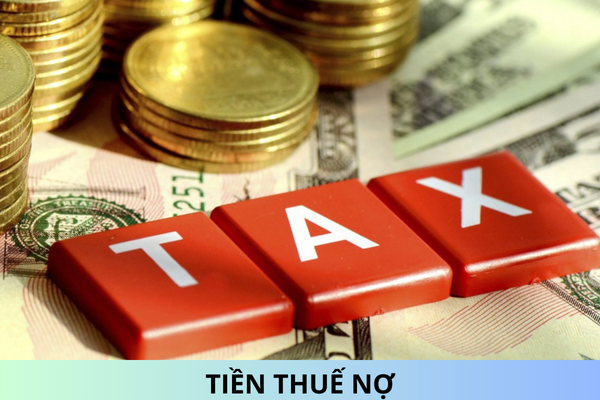Is It Automatic to Become a General Partner of the Company?
According to the provisions of the Enterprise Law 2014, an enterprise is an organization with a distinct name, assets, a transaction office, and is registered for establishment in accordance with the law for business purposes. In which, a partnership company must have at least two members who are joint owners of the company, jointly conducting business under a common name (collectively known as partnership members). In addition to the partnership members, the company may have contributing members;
In which:
- A partnership member must be an individual who is responsible with their entire assets for the company’s obligations;
- A contributing member is only liable for the company’s debts within the scope of capital contributed to the company.
The rights and obligations of partnership members are implemented according to the provisions of Article 176 of the Enterprise Law 2014 and other relevant legal regulations.
Clause h, Section 1, Article 176 of the Enterprise Law 2014 provides:
"Article 176. Rights and Obligations of a Partnership Member
1. A partnership member has the following rights:
...
h) In the event a partnership member dies, the heir of the member is entitled to the value of assets in the company after subtracting the debts for which the member was responsible. The heir may become a partnership member if approved by the Members' Council;"
Thus: Based on the quoted provision above, a legitimate heir to the asset portion of a partnership member in a partnership company may become a partnership member if approved by the Members' Council.
In other words, if the heir is not accepted by the Members' Council, they will not be allowed to become a partnership member of the company.
Therefore: Regarding the case you provided to us, the Members' Council of the company (the partnership company of which your father was a partnership member before his death) has the right not to accept you as a partnership member of the company.
In such a case, you will be paid the value of the assets in the company after subtracting the debts for which your father was responsible before his death.
The above is our advisory opinion on the issue you are concerned with.
Respectfully!










